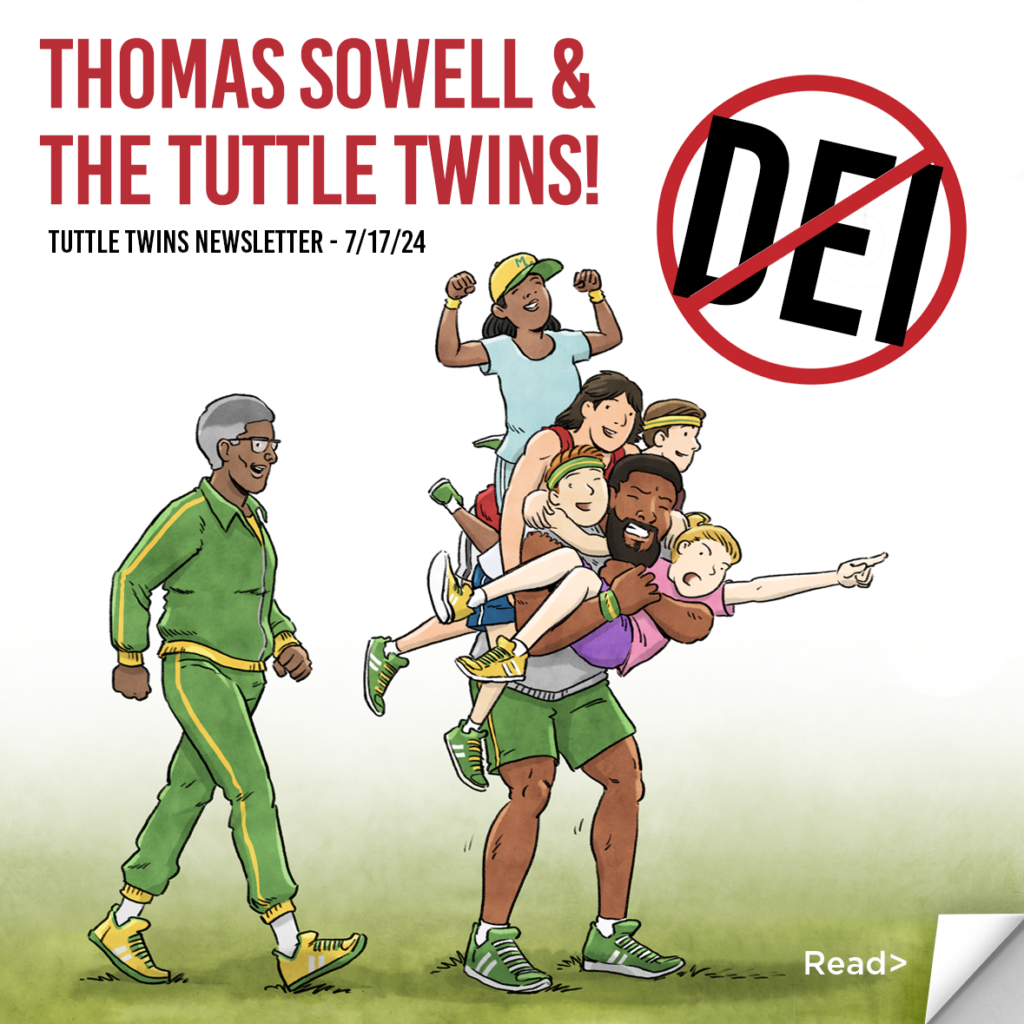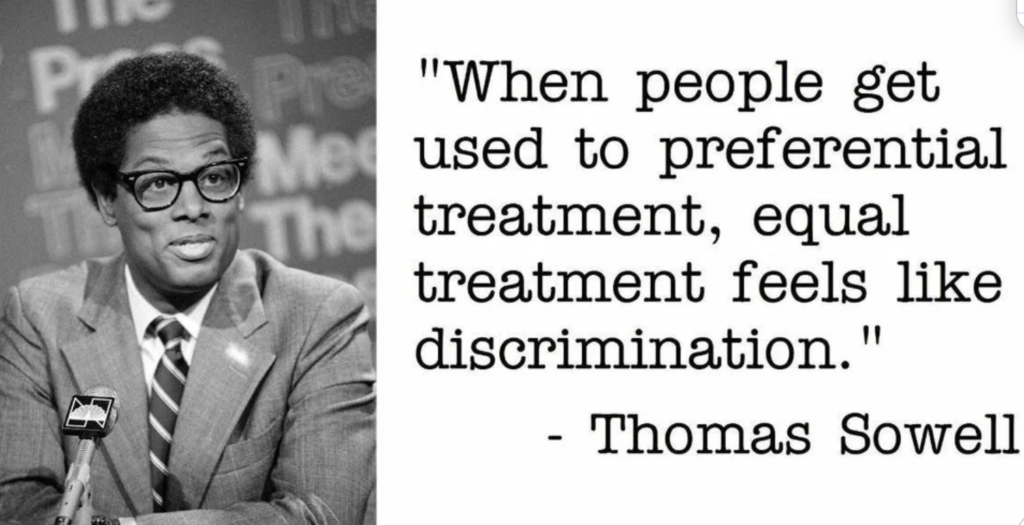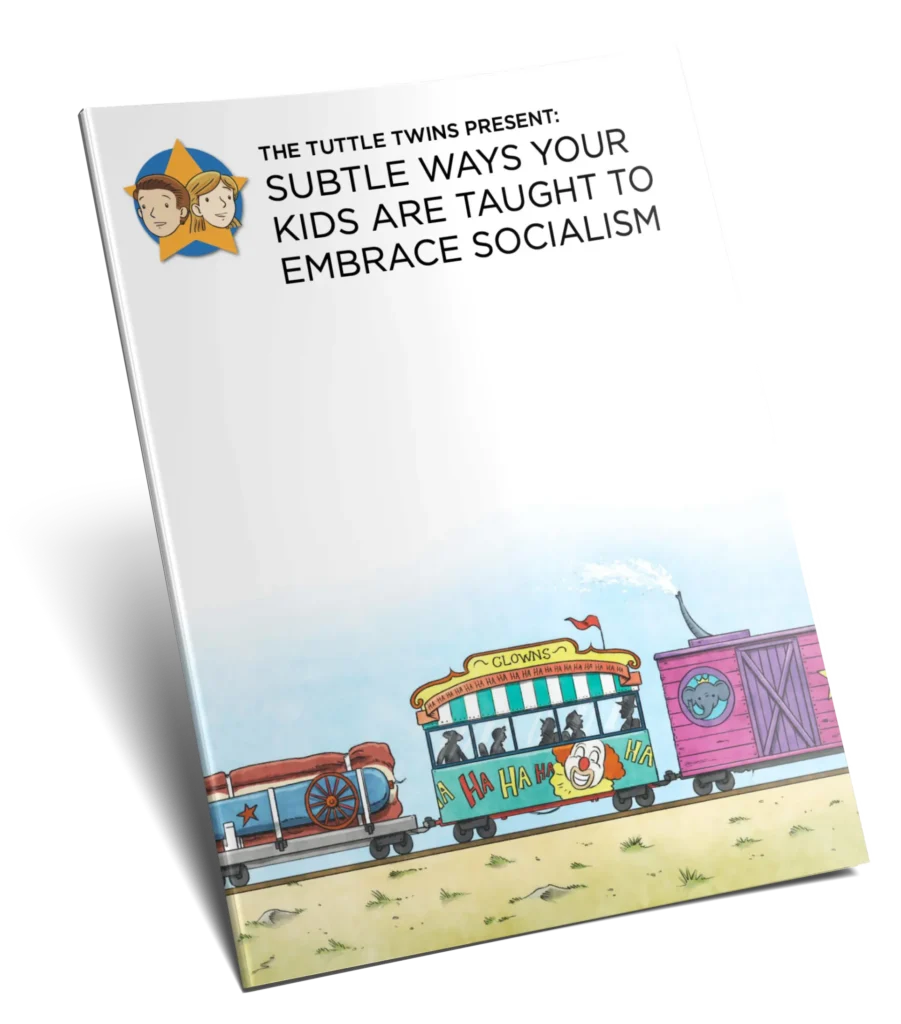
Happy Wednesday!
I heard a song this morning that took me straight back to freshman year. It’s crazy how that happens—one minute you’re just driving along in your grown-up brain, and with just a few chords you’re snatched up and dropped right into a totally different place and time.
What a trip.
I often compare the experiences our kids have today to the experiences we had growing up, and usually those comparisons focus on things like better movies, better music, and the freedom to spend the whole summer riding around the neighborhood on our bikes with zero parental oversight.
But not all memories from those days are good. Some of them still sting a bit.
Do you remember what it felt like as a kid to have to try out for sports, or a club, knowing that there was a real possibility you wouldn’t be selected? Can you still taste the bitterness of that walk of shame after seeing everyone’s name but yours on the final cut list?
Or the times you did your very best on something, and the teacher still gave you a bad grade because you just didn’t get it right?
I remember how that felt. And I also know, looking back, that those experiences were pretty important in shaping the person I have become.
That’s why, when I became a dad, I made a point to fight the parental urge to protect my kids from feelings of disappointment, failure, and the heartache that comes from not making the cut. As much as I hate to see them hurt in any way, I know that failure is vital to growth, and I would hate to rob them of becoming the best possible versions of themselves.
Most parents used to think like this. But I don’t think my view is the prevailing one anymore.
And the result is a culture of artificial success and pseudo-achievement based in failure rather than accomplishment.
These days, effort and ability take a backseat to identity and circumstances in pretty much every area of life for our kids. It’s happening in the grown-up world too.
We’ve all seen the problems. Heck, some of us have even been personally impacted by policies that hold one person back and promote another for reasons totally beyond our control.

So what can we do?
Well, for years you’ve asked us when we are going to write a book based on the work of the great Thomas Sowell, and I’m stoked to announce that we finally did it!
Coming soon: The Tuttle Twins and the Medals of Merit
Ethan and Emily are about to face their most unusual track meet yet—a competition where merit and effort don’t guarantee victory. Instead, the focus is on who you are and where you come from.
Sounds bizarre, right? If there’s any place where effort and skill should guarantee victory it’s an actual, physical race.
But not so in DEI-land.
This scenario isn’t actually as far-fetched as it seems. As Marxist ideas gain traction in our society, we’re witnessing a disturbing trend toward equal outcomes over individual excellence.
Here’s an example:
On Saturday, there was an assassination attempt on President Trump.
Did you notice anything unusual about his security team?
It looked suspiciously DEI-heavy, didn’t it?
The results? Secret Service agents who couldn’t holster their weapon, couldn’t stand tall enough to protect the president’s head and chest, and… was one of them actually crouched down, hiding behind Trump?!
How embarrassing.
Ensuring everyone has a seat at the table is important, but not at the expense of quality and competence.
Marxism, despite its catastrophic track record over the past century, is making a comeback in a new form. It’s an ideology that promises fairness but actually delivers the exact opposite. From education to sports, and even in the workplace, the push for equal outcomes is undermining the value of hard work and personal achievement.
And it’s making us dumber, less prosperous, and less safe.
In Medals of Merit, Ethan and Emily learn about these flawed ideas firsthand. They discover how the principles of merit and personal responsibility are essential for a healthy, functioning society.
The twins champion the value of meritocracy—showing that while circumstances may shape us, it’s our efforts and abilities that should define our success.
Or our failure.
Policies and movements promoting equal outcomes over equal opportunities are everywhere.
Recent changes in some school districts aim to eliminate advanced classes to ensure all students achieve the same level of education. Even if that level is below their ability or interest.
The inclusion of athletes in competitions based on identity rather than ability is sparking controversy and raising questions about what it means to compete fairly.
Companies with DEI policies pass over qualified candidates in favor of those with the right combination of “disadvantages.” In doing so, they risk the future success and prosperity of the organization, but that’s a risk many seem willing to take.
Ethan and Emily’s experiences in Medals of Merit reflect these real-world issues.
The Tuttle Twins books are more than just stories—they’re a tool for educating the next generation about important principles and ideas that aren’t being taught in schools or in the media.
As parents and grandparents, it’s our job to equip our kids with the knowledge and values they need to navigate the unique circumstances of the world they’re inheriting.
By understanding the dangers of Marxist ideas and the morality of merit, kids can be armed with the foundational knowledge necessary to become champions of true freedom and actual fairness.
The Tuttle Twins and the Medals of Merit comes out August 1, 2024.
I hope you’ll use it as a tool to teach your kids the value of striving for excellence, celebrating individual achievements, and recognizing that true fairness means providing equal opportunities, not guaranteed outcomes.
Thanks for being part of the Tuttle Twins family and for your commitment to raising informed, thoughtful, and principled kids.
We’re all going to be better off because of it!
— Connor

